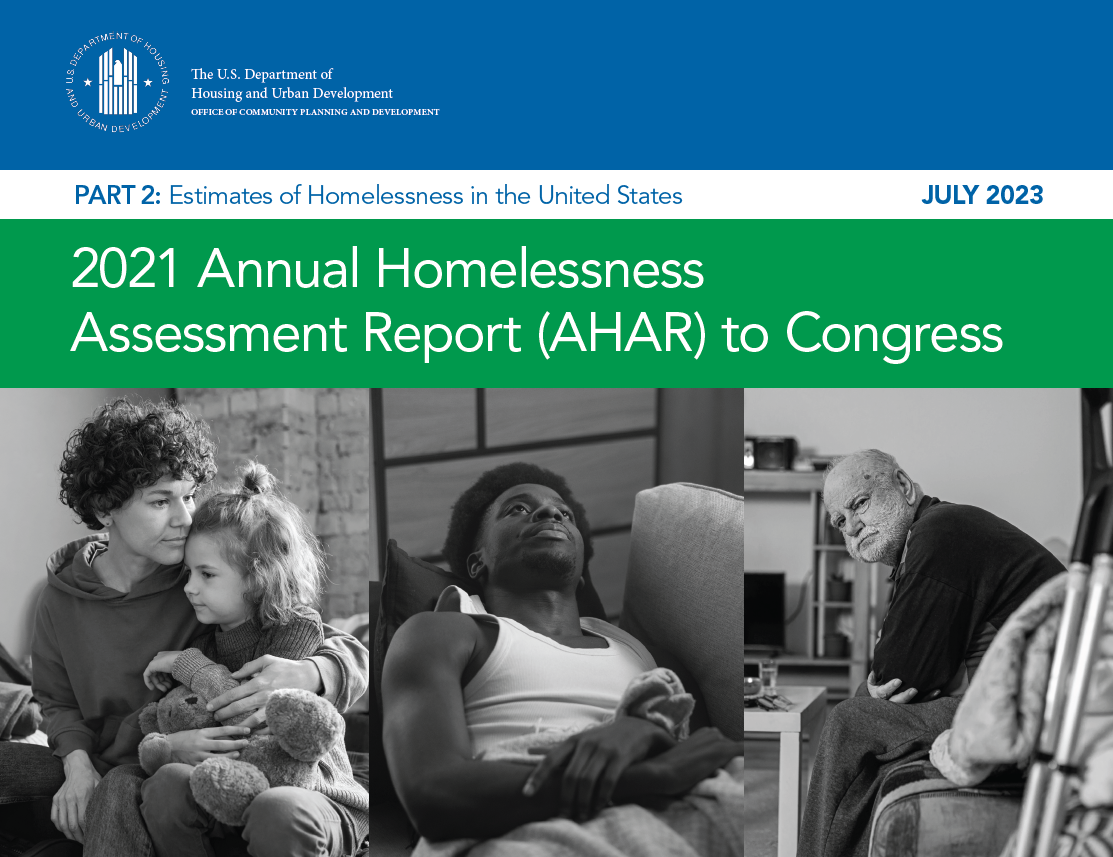Who’s Experiencing Homelessness? The List Is Growing.
HUD’s Annual Homelessness Report to Congress Finds Increase in Elderly Homelessness as Dramatic Racial Disparities Persist
Focus Areas
Capabilities
Regions
North America

